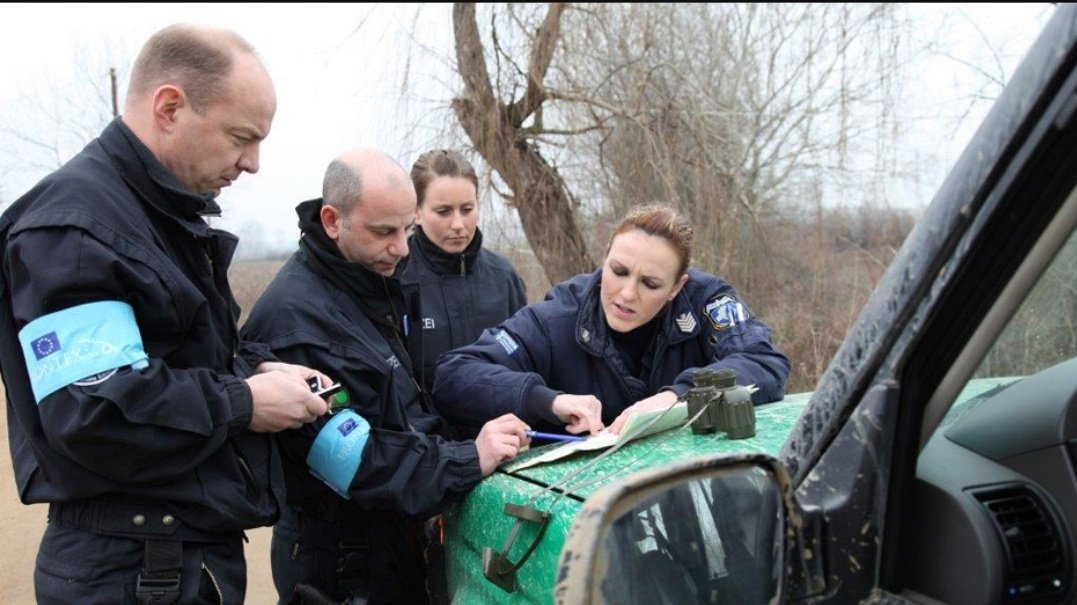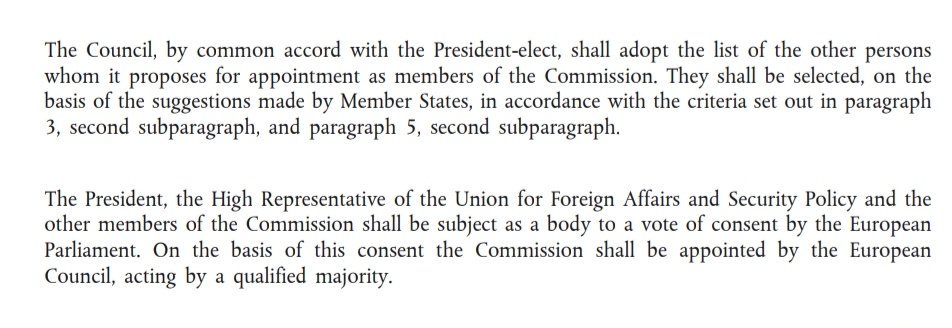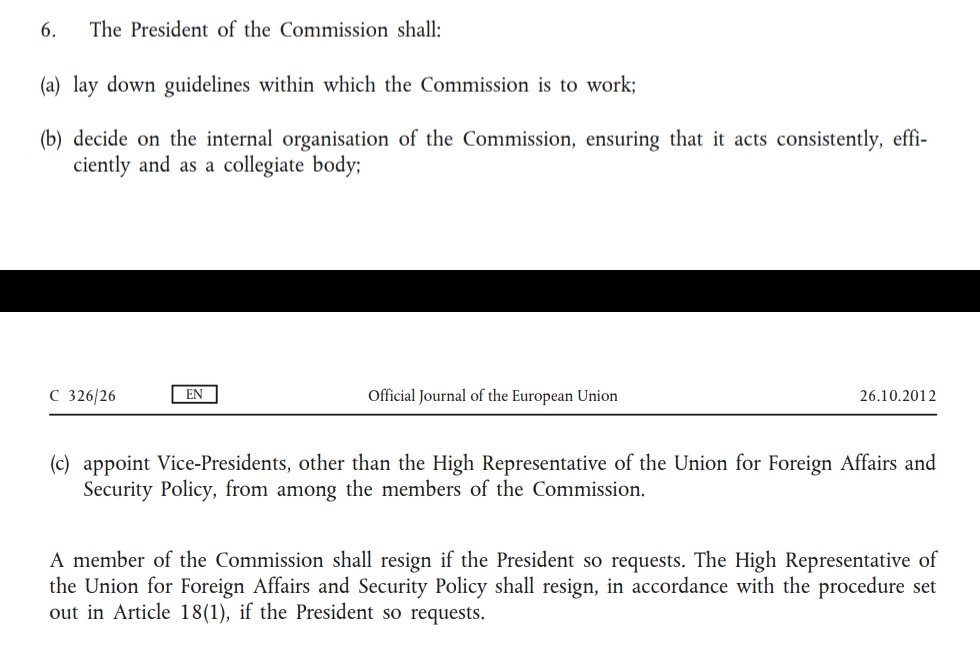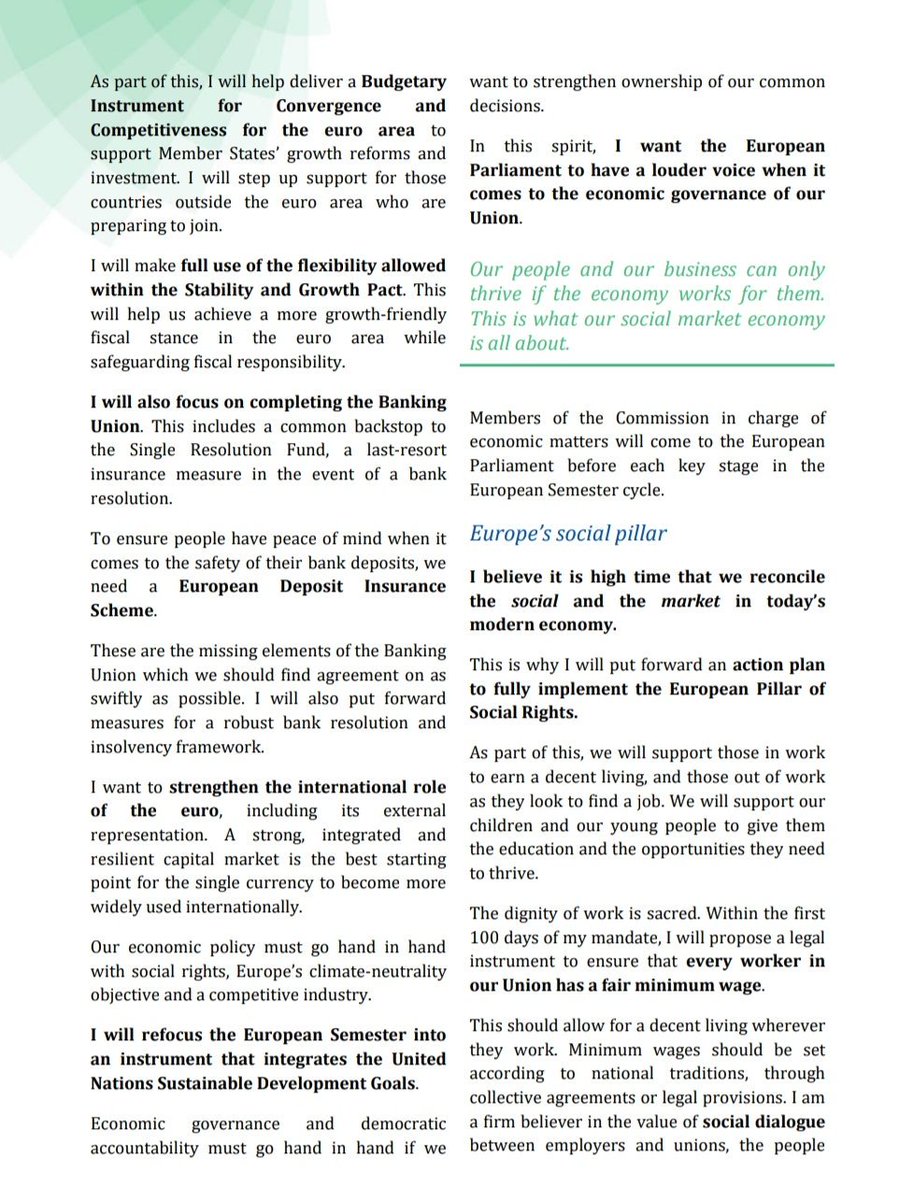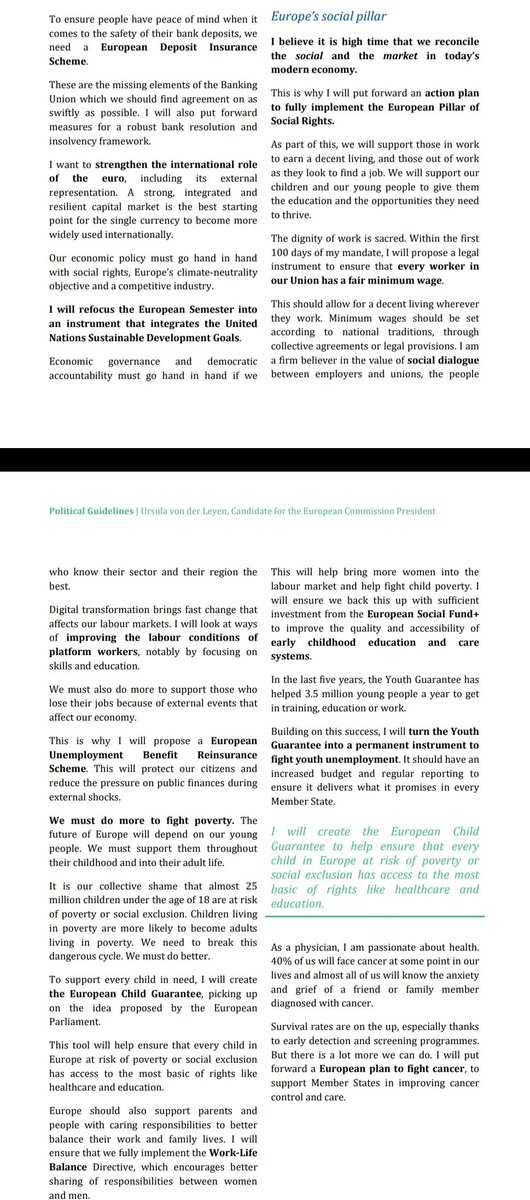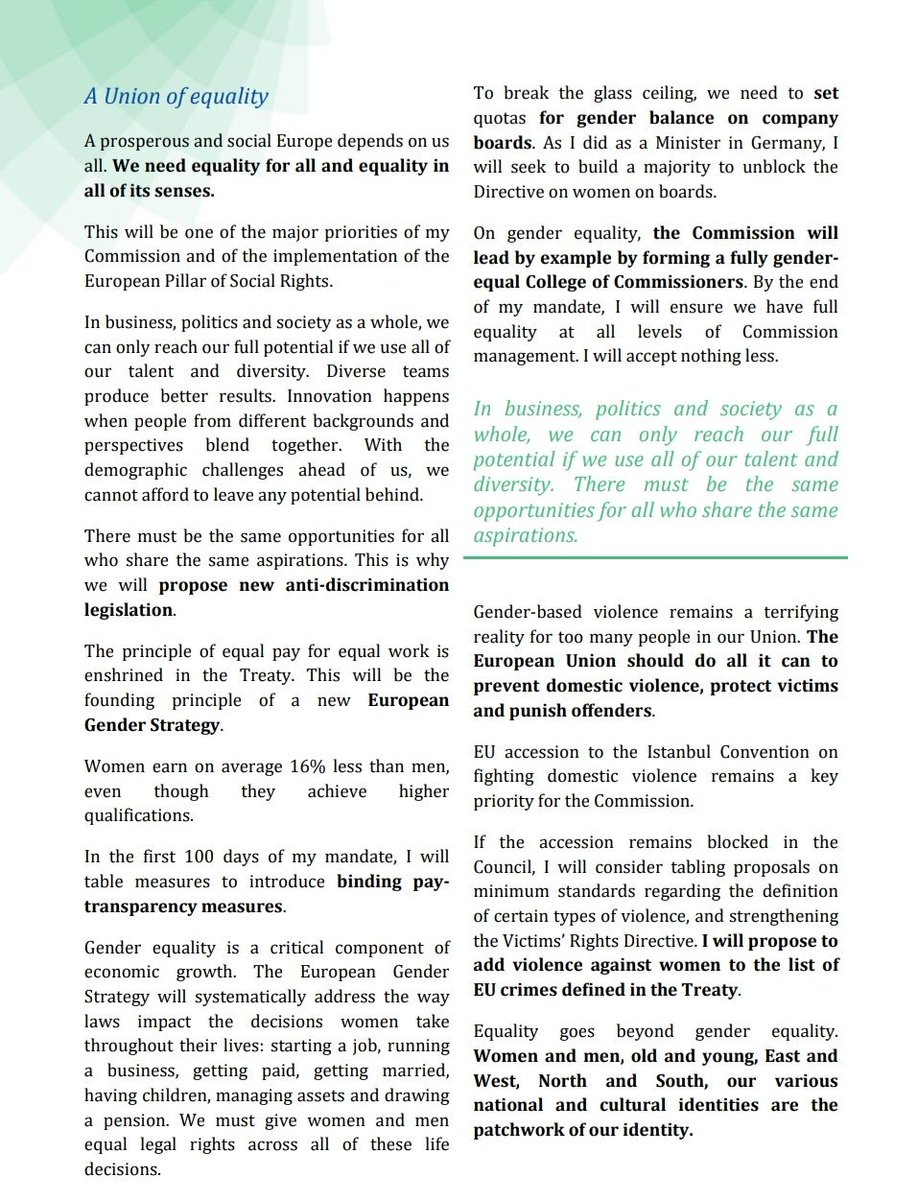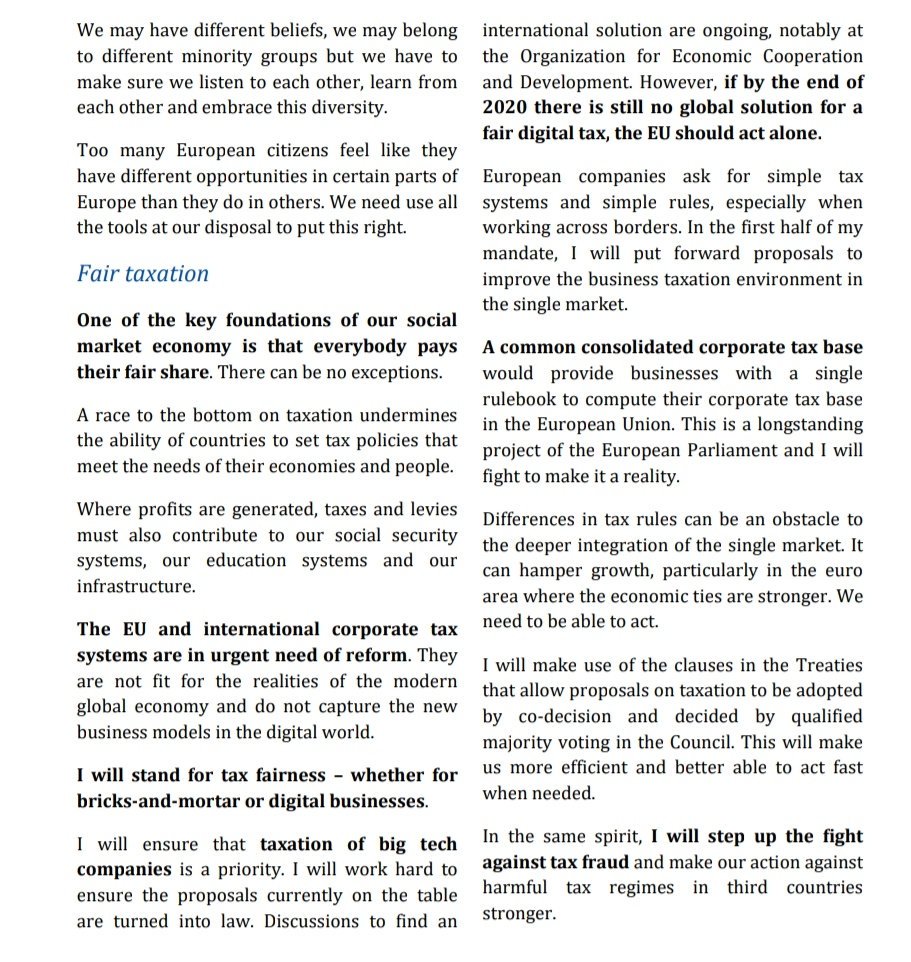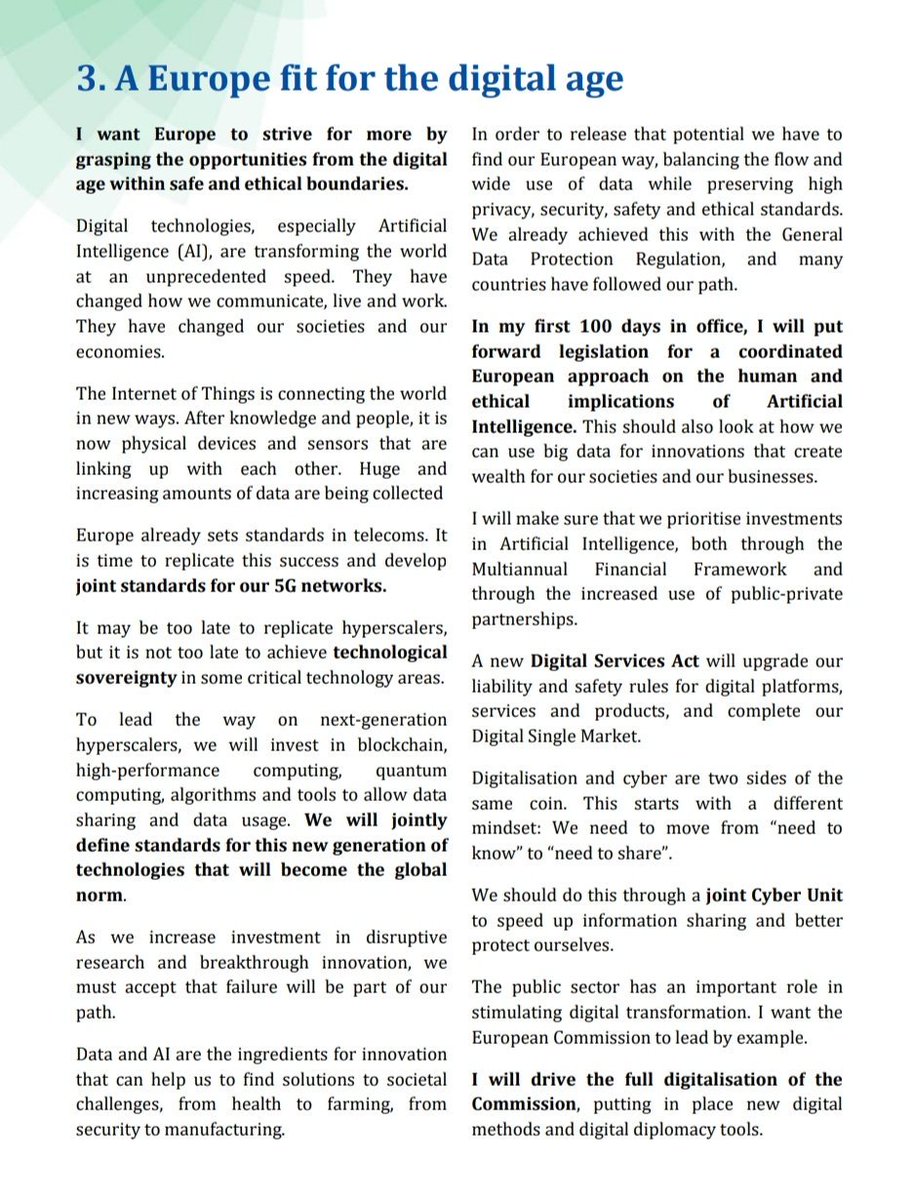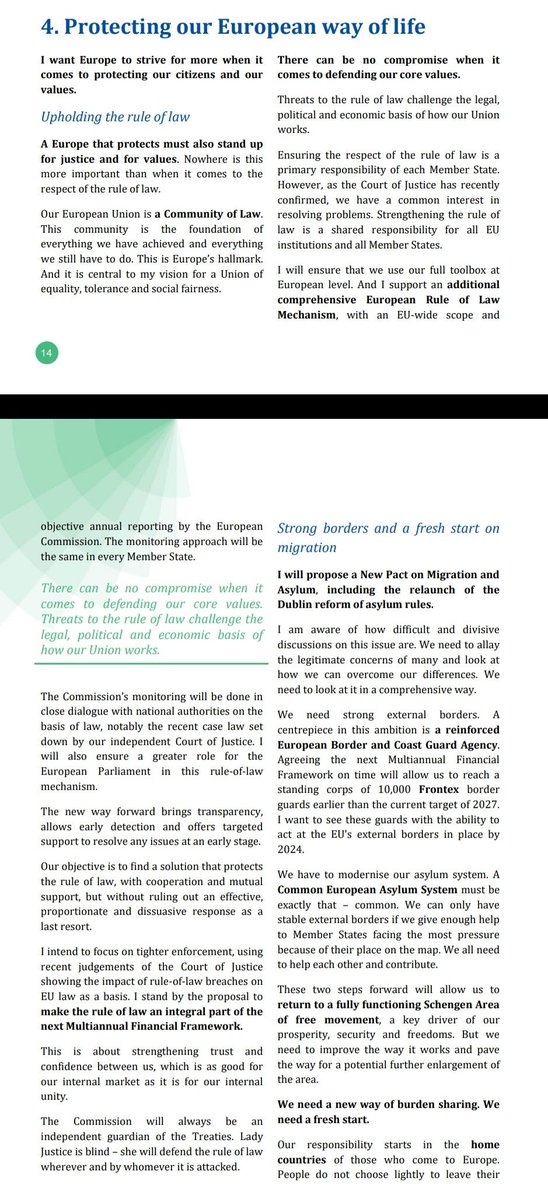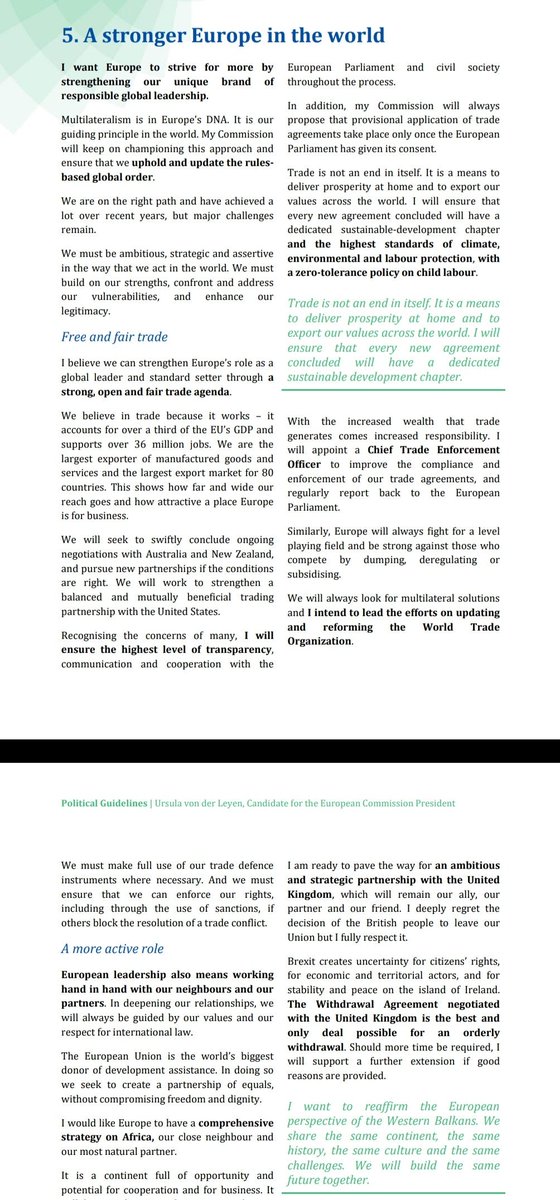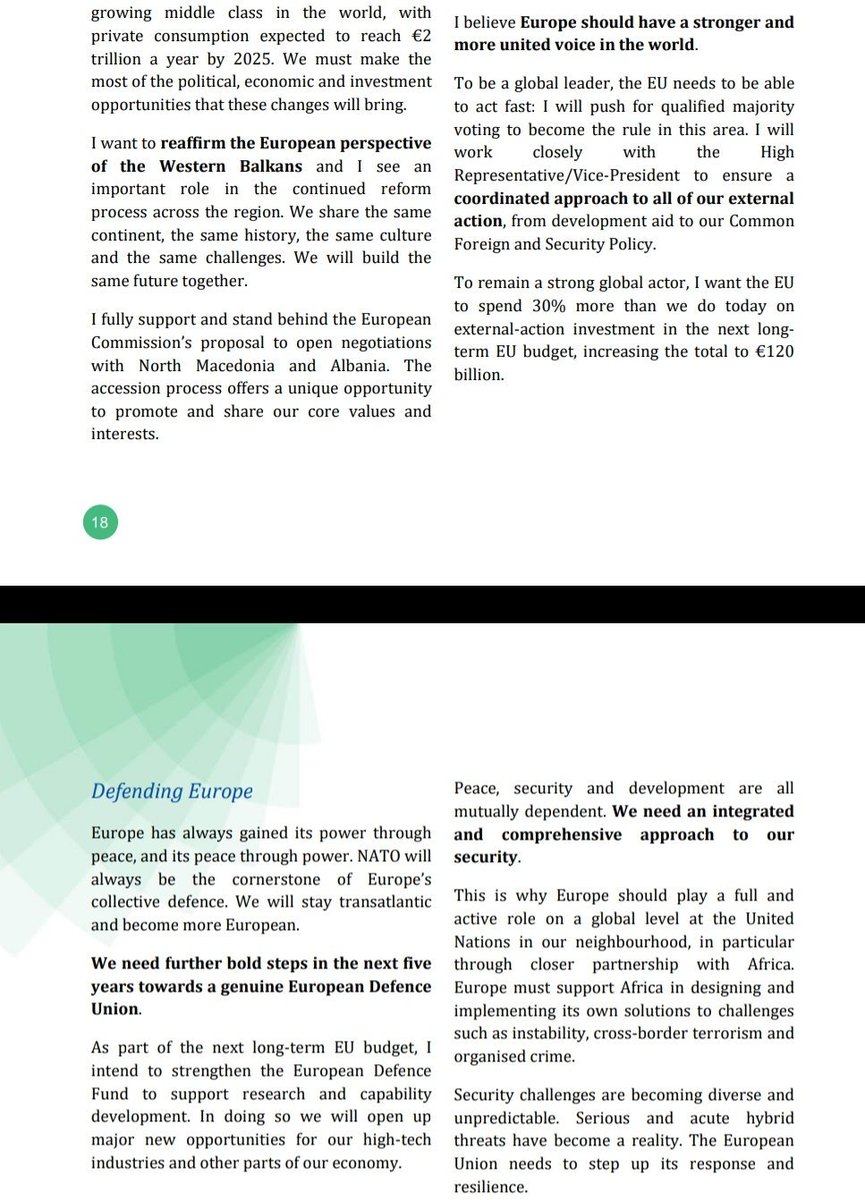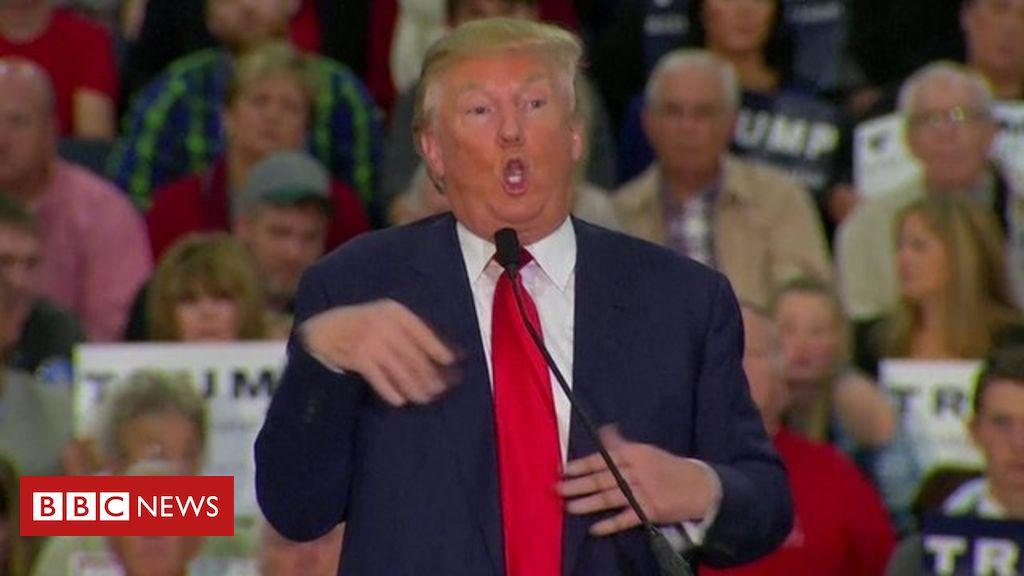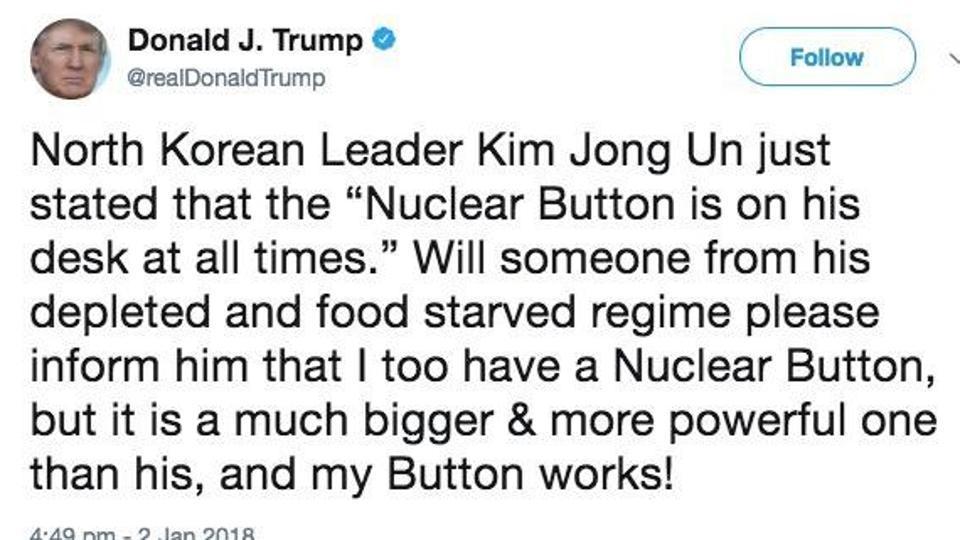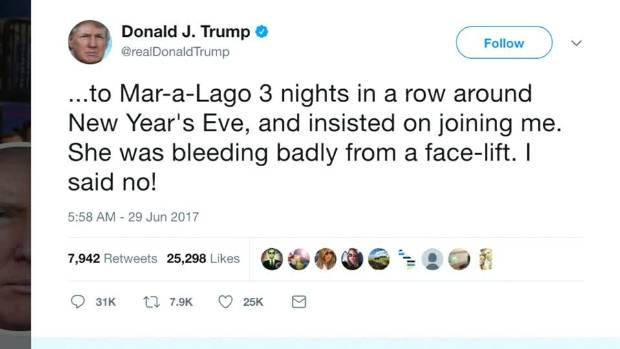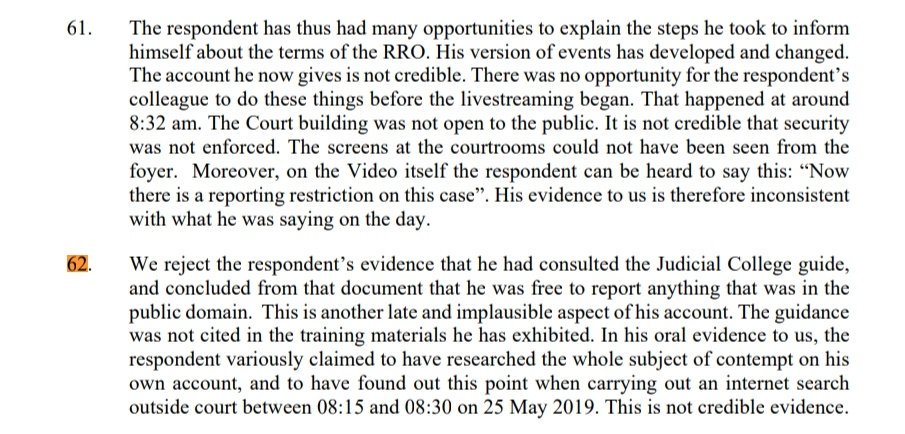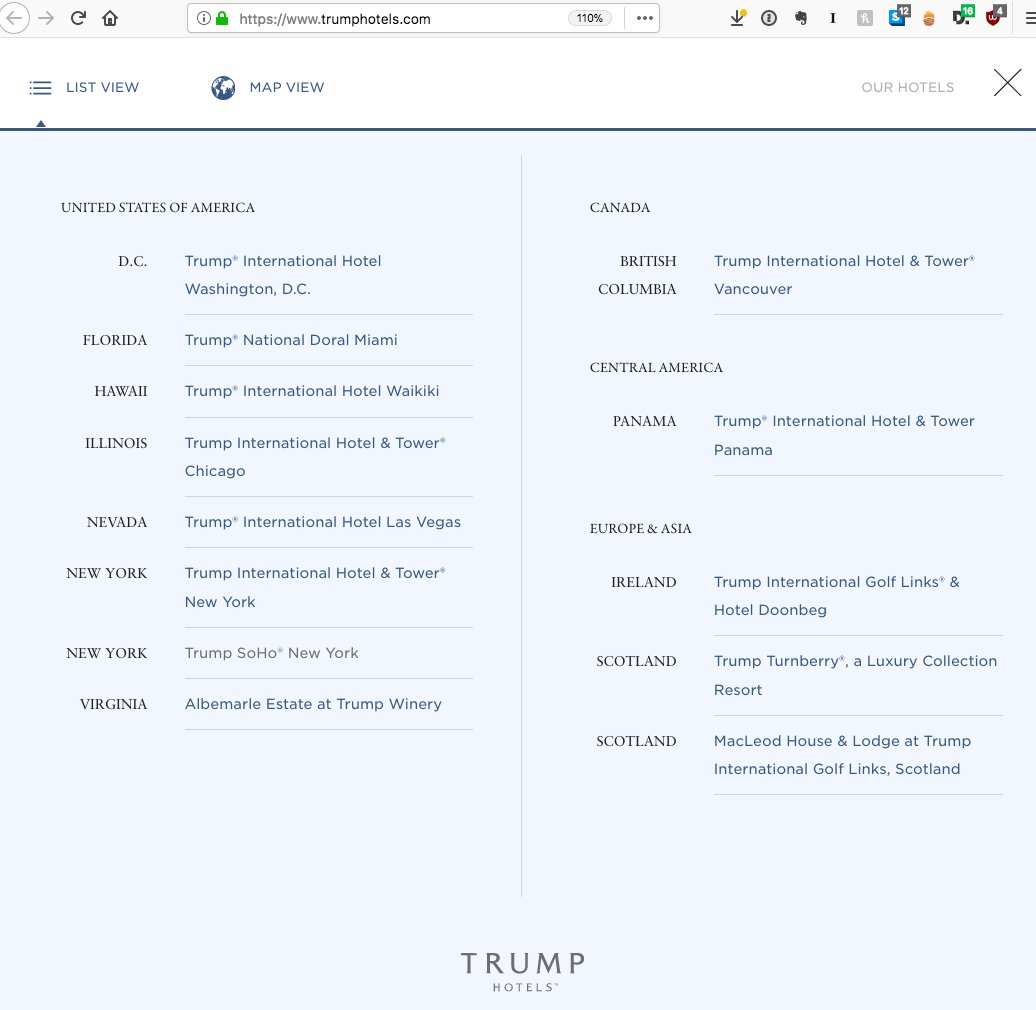You know what *didn't* get a majority of the electorate?
- Brexit
- the Brexit party in EP elections
- Farage as Brexit party leader (no vote)
- Trump
Possibly. Some in the Euro Parliament say it should be more like national elections. Parties pick a preferred candidate, and voters judge the candidates when voting in EP elections, as they would possible PMs.
In 2019, the EP *didn't* insist that the nominee of the largest party became Commission president. Eurosceptics went 🦍💩 again.
I won't comment on the political background of @vonderleyen. Unlike some UK commentators, I don't have a certificate in German studies from Dunning-Kruger university.
Although the Commission makes proposals for EU law, they must be agreed by the Council (ie, ministers from national governments) and the European Parliament.
Some of this is vague rhetoric, some is specific commitments. Of course the devil will be in the detail of the laws proposed/agreed.
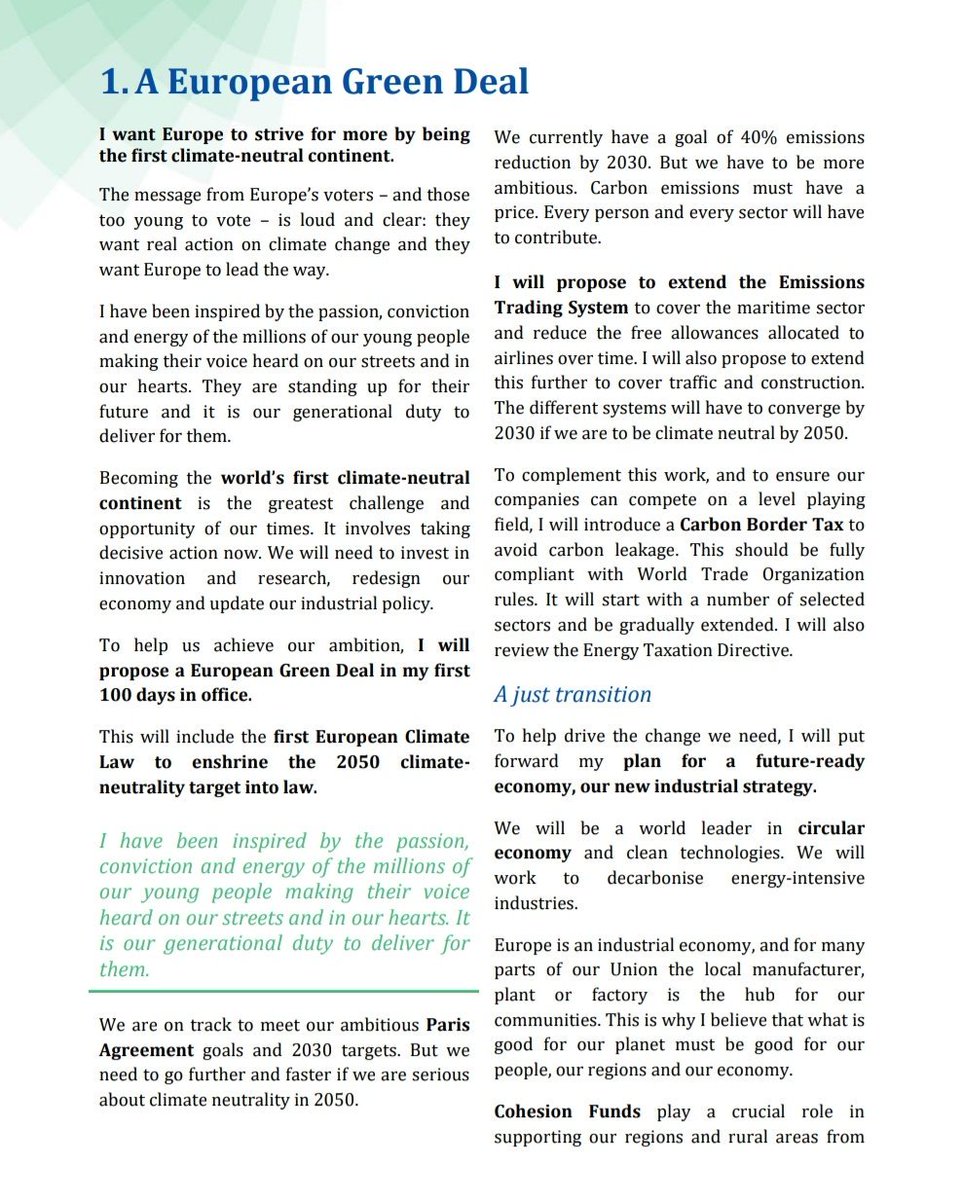
The CJEU has already been asked to rule on the EU ratifying the Istanbul convention on violence against women. Background by @CateBriddick here: eulawanalysis.blogspot.com/2018/09/the-eu…

No mention of legal migration proposals. The Blue Card proposal on skilled workers is stuck. Analysis: eulawanalysis.blogspot.com/2016/07/the-ne…

1 eulawanalysis.blogspot.com/2019/04/the-ne…
2 eulawanalysis.blogspot.com/2019/06/the-um…
